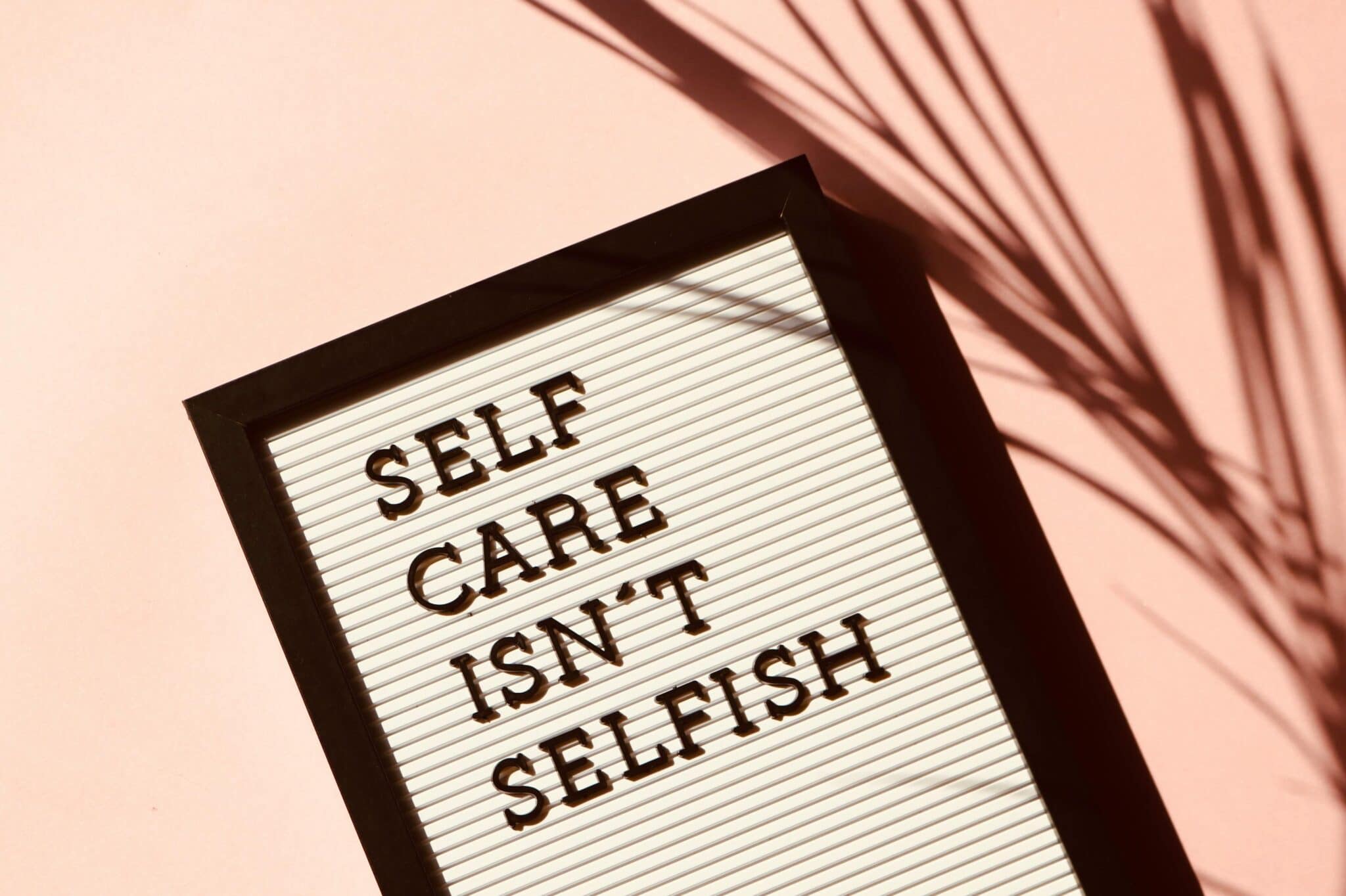Building mental and emotional strength isn’t just about handling stress when life throws curveballs. It’s about developing habits that help you stay grounded, focused, and resilient every day. Mental strength gives you the ability to bounce back from setbacks, stay motivated, and keep a positive outlook even in challenging times.
Here are powerful, science-backed habits you can adopt to support your mental and emotional well-being.
Practice daily gratitude
Every new day we get to live is a blessing, and we should truly feel that and be grateful for what we have been given. Gratitude is one of the simplest yet most effective ways to shift your mindset. Studies show that people who practice gratitude regularly experience:
- 25% higher happiness levels compared to those who don’t
- Better sleep quality and reduced symptoms of depression
- Lower stress levels, which benefit both the mind and body
Wondering how to make this a habit? Here are some tips:
- Write down 3 things you’re grateful for every morning or night.
- Share your gratitude with a friend or family member.
- Focus on small moments—like a good cup of coffee or a funny conversation.
Prioritize sleep
Sleep isn’t a luxury, but rather something we must have if we want to be both physically and mentally healthy. According to the CDC, adults who get less than 7 hours of sleep per night are more likely to report symptoms of anxiety and depression.
Benefits of proper sleep:
- Improves mood regulation
- Boosts focus and problem-solving skills
- Supports better decision-making
Here are some quick sleep hygiene tips:
- Keep a consistent bedtime and wake-up time, even on weekends
- Avoid screens 1 hour before bed
- Create a calming bedtime routine (reading, stretching, or listening to soft music)
Move your body
Exercise doesn’t just build physical strength; it’s one of the most effective tools for building emotional strength, too. Research from Harvard Medical School shows that just 20-30 minutes of exercise per day can reduce stress and improve overall mood.
Best ways to stay active:
- Go for a brisk walk or light jog
- Join a yoga or pilates class
- Dance, cycle, or even do short home workouts
The key is consistency, not perfection. Moving regularly keeps your brain producing mood-boosting chemicals like serotonin and dopamine.
Seek professional help if necessary
Talking to a therapist, counselor, or mental health professional can give you tools and strategies you might not discover on your own. In fact, research shows that therapy can reduce symptoms of depression and anxiety by up to 80% when paired with healthy lifestyle habits. As folks at the Orange County drug rehabilitation center say, there should be quality care through personalized and comprehensive programs that will help you address your issue the right way. Whether you’re feeling overwhelmed, struggling to cope with stress, or just want to better understand your emotions, professional guidance can make a huge difference in helping you feel more balanced and supported.
Tips for finding the right professional:
- Start with a recommendation: ask your doctor, friends, or family if they know someone they trust.
- Look into teletherapy options: online counseling can be just as effective and often more convenient.
- Ask questions during your first session: make sure you feel comfortable with their approach and communication style.
Build strong relationships
As humans and social beings, we need strong and high-quality relationships with others, as they help us stay positive and strong. A long-term Harvard study found that good relationships are the single biggest predictor of happiness and health.
Ways to strengthen your support network:
- Schedule regular check-ins with friends or family
- Be present when spending time with others; put your phone away
- Join a group or community that shares your interests
Quality matters more than quantity. Even a few meaningful relationships can help buffer you against stress.
Set healthy boundaries
Mental strength often means saying “no” when you need to protect your energy. Overcommitting leads to burnout, resentment, and emotional exhaustion.
How to set boundaries:
- Be clear about your limits (work hours, availability, emotional space)
- Learn to say no politely but firmly
- Don’t feel guilty about prioritizing self-care
Remember: saying no to others is often saying yes to your own well-being.
Limit negative inputs
Your mind is influenced by what you consume, whether it’s social media, news, or conversations. Constant exposure to negativity can increase stress and feelings of helplessness.
Tips for protecting your mental space:
- Unfollow accounts that make you feel bad about yourself
- Limit news consumption to a few trusted sources
- Spend more time on hobbies or activities that bring joy
Focus on what you can control
Many stressors come from trying to control the uncontrollable. Building mental strength means learning to let go and focus on what’s within your power.
Practical ways to do this:
- Write down worries, then separate them into “things I can control” vs. “things I can’t”
- Take action on what you can, and release the rest
- Practice acceptance, as this lowers frustration and builds resilience
Mental and emotional strength isn’t something you’re born with. It’s something you build, one habit at a time. Small, consistent actions like practicing gratitude, moving your body, and setting boundaries can transform how you handle challenges and improve your quality of life.
Remember, you don’t need to adopt all these habits at once. Start with one or two, stay consistent, and notice how your mental and emotional resilience grows over time.
Published by HOLR Magazine.




